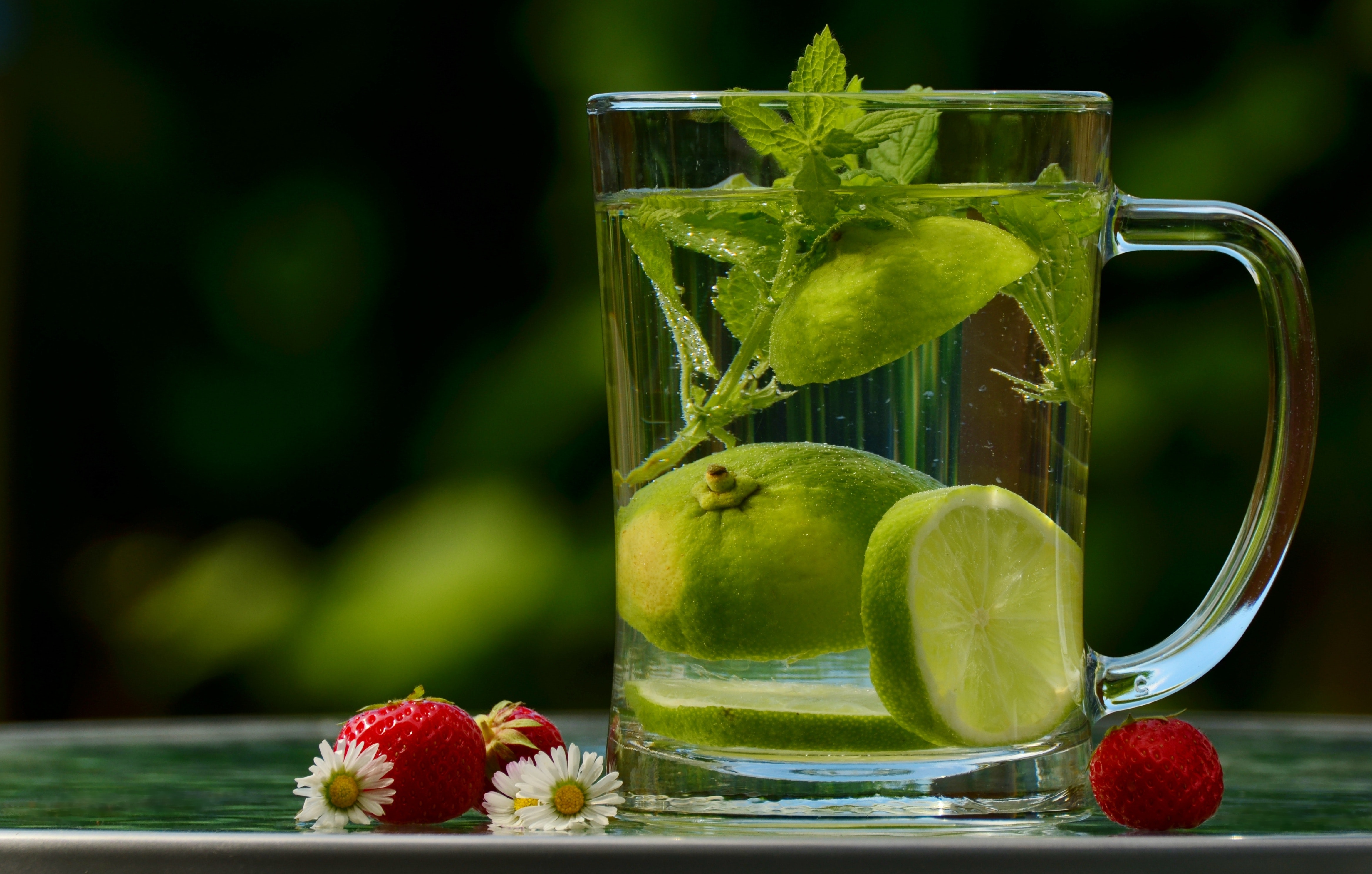
Our bodies have to deal with a near constant influx of toxins including pesticides, chemicals, pollutants in our air and water, chemicals in our food, heavy metals, mold, and much more. The liver has many important jobs, and one of them is filtering through these toxins each day, but due to the staggering amount of chemicals the average person encounters each day (which can range from hundreds to thousands of different chemicals), the liver often ends up overworked and dysfunctional. The liver is such an important organ that is necessary for many vital functions in the body, so it’s important to keep it as healthy as we can. Let’s discuss what the liver does, and some things we can do to help clean up a toxic liver.
Jobs of the Liver
The liver is responsible for over 500 tasks like producing bile, filtering blood, producing cholesterol, storing glucose, and many others. Keeping your liver healthy is crucial to overall health, and sluggish livers are a common problem today. We encounter many different chemicals every day in our air, water, food, medications, beauty products, plastics, etc. Our bodies are constantly working to filter through these chemicals to minimize the harm done, but our livers and other organs can’t always keep up. Many people also do not eat correctly and lack vitamins and minerals essential for proper liver function, add this to the toxic load we’re carrying, and it’s a wonder our livers are functioning at all.
Glutathione
Glutathione is an antioxidant that the body is supposed to produce in cells, but production may not be optimal due to genetic mutations and/or environmental factors. We also produce less glutathione as we age, so supplementation is often recommended, especially for older individuals. Glutathione has many functions and benefits, including potentially reducing damage in liver cells, supporting a healthy nervous system, and improving insulin resistance and fat-burning especially in older people. One of the main benefits of glutathione is that it can help reduce oxidative stress, which greatly influences aging, certain chronic conditions, and autoimmune conditions. In autoimmune conditions, the mitochondria of the cells are often damages, and gluathione may help protect the mitochondria from further damage. Supplementing with glutathione may help aid in cleaning up a toxic liver, as well as many other potential benefits.
Symptoms of a Sluggish Liver
When the liver is not working quite as well as it should be, it is often referred to as sluggish. This doesn’t mean it is diseased, just that it is not functioning at the level it should be. Some of the symptoms of a sluggish liver may include:
- Dark circles under the eyes
- Waking up at 2am-3am for no apparent reason
- Fatigue
- Acne and/or rashes
- Moodiness
- Headaches
- Brain fog
This is not an exhaustive list as symptoms can manifest differently in each person, but it is good to be aware of these common ones.
What Can You Do?
The good news is that we can do a lot to promote healthy liver function, but consistency is important. Reducing your exposure to toxins as much as possible is a great first step. Try to avoid synthetic household cleaning products, aerosol products like hairspray and air freshener, and opt for natural products whenever possible. You can also supplement with vitamins, minerals, and herbs that can help promote healthy liver function. Liver Support & Detox and Vital Detox are great products for liver health, and can aid in both phase 1 and phase 2 liver detoxification. Limiting alcohol intake is also important because excessive drinking can cause liver damage and may contribute to some forms of liver disease.
Cleaning up a toxic liver means you should focus on eating a varied diet of fruits, vegetables, high-quality meats, and healthy fats like coconut oil and avocados. You should also make sure the food you eat is organic because pesticides are a major source of toxins, and make sure you are drinking clean, filtered water to avoid the chemicals, heavy metals and other harmful substances found in tap water. Exercising regularly may also help improve liver function, and limiting alcohol intake may decrease your risk for certain forms of liver disease. Your liver is a very important organ and it has a lot of responsibilities, so take good care of it!
You can listen to our Happy Liver Makes a Happy Life podcast episode here. You can also listen on our YouTube channel here.
